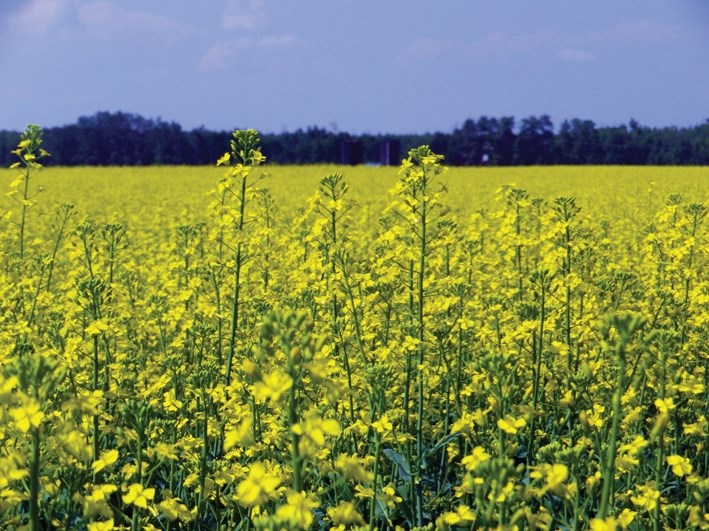Municipal District of Bonnyville officials are still undecided on whether or not to declare an agricultural state of disaster for the region.
“I think everybody is on the fence,” said Matt Janz, Director of Agriculture for the MD of Bonnyville. “It is one of those things where (conditions) are critical in some parts (of the MD) and other parts are not as bad.”
While Janz, the MD of Bonnyville and the local agricultural service board are hesitant to pull the trigger and wave the white flag, farmers throughout the region are suffering through a series of harsh conditions
“It's another perfect storm,” said Gordon Graves, a cattle farmer with land north of Iron River.
Extremely dry conditions combined with hot temperatures have led to most of the pastureland throughout the province drying out. These conditions, along with an infestation of grasshoppers, have crippled crops and made it hard for local farmers to feed their cattle.
“If we were to get a rain right now, some pastures are hurting so much that I don't know how much they can recover,” said Graves. “There are some grain crops that are looking pretty scary and some canola crops that are turning unbelievably quick.”
He feels as though the region would have been able to deal with the drought-like conditions and still had a decent year if not for the grasshopper infestation.
“Whatever hay crops are out there or any pastures that are growing from the recent rain the grasshoppers are just clipping it right off,” said Janz. “That is probably what is pushing the other municipalities and what I think might push our municipality to (declare a state of agricultural disaster)”.
These rough conditions have plagued the better part of western Canada, resulting in many of Alberta's rural communities calling for provincial help and declaring states of agricultural disaster.
While the majority of central Alberta declared their catastrophic states back at the beginning of July, several northern municipalities have waited until just recently.
Just last week the County of Vermillion River and Smoky Lake County decided the conditions were enough to join those in a state of disaster.
Janz says the surrounding communities making the decision to declare a disaster might be what tips MD officials to do the same.
“Neighbour municipalities have declared, so that is maybe pushing us to (declare) too because we don't want to be the ones left out not doing it,” said Janz. “It is a tough call.”
The local agricultural service board was scheduled to meet on July 30 to discuss the state of agriculture in the region and put forth a recommendation to the MD Council.
MD Council's next scheduled council meeting is Aug. 26 but they could meet sometime in the next two weeks to make a decision on whether or not to declare a state of agricultural disaster.
According to Graves, the MD needs to declare and acknowledge the current state of the Lakeland.
“We need our MD to get its head out of where it is currently at and declare us (in an state of agricultural disaster.) They need to really take a look,” said Graves.
The federal government has already stepped up and updated its list of communities that will be eligible for a 2015 livestock tax deferral.
The latest list has the MD of Bonnyville and County of St. Paul, as well as the majority of Alberta, BC, and Saskatchewan eligible for the deferral.
“This could help in the short-term,” said Graves. “But what happens if next year is dry too? You have deferred that income so it will be taxable next year unless you replace those cows. If it is dry next year and you can't replace those cows, then what?”



